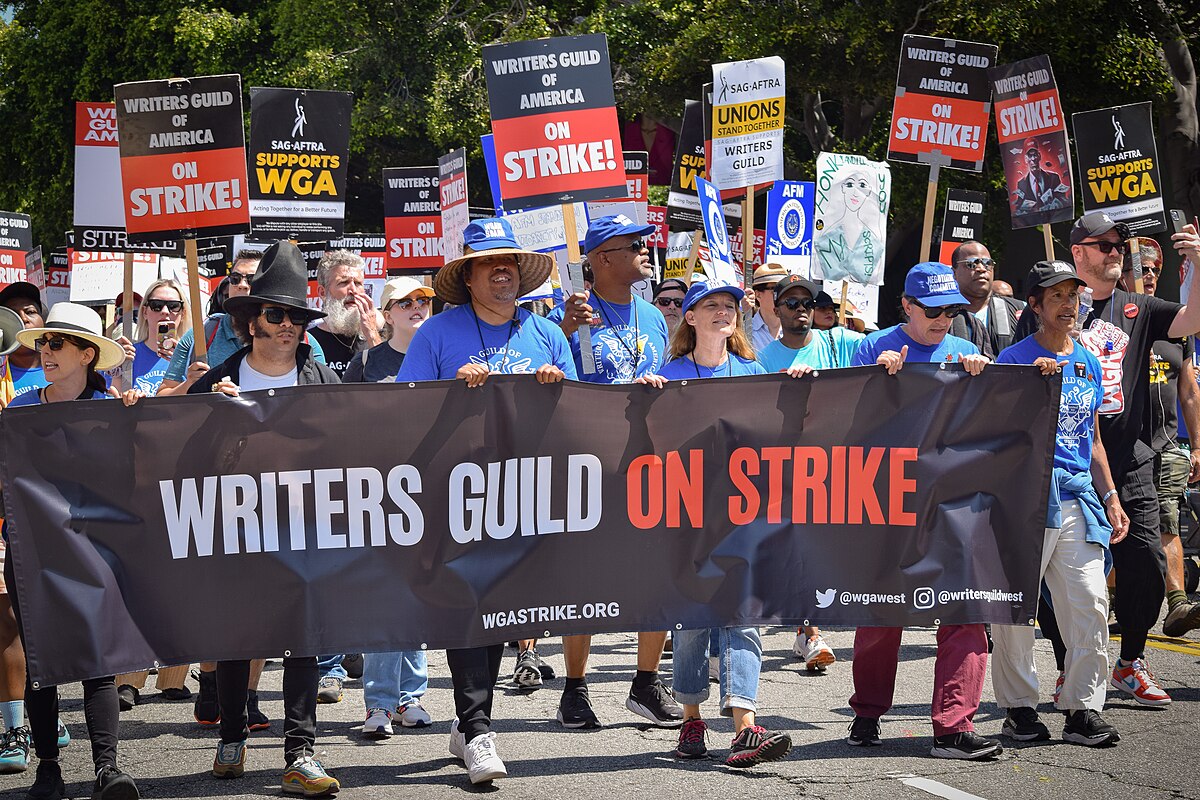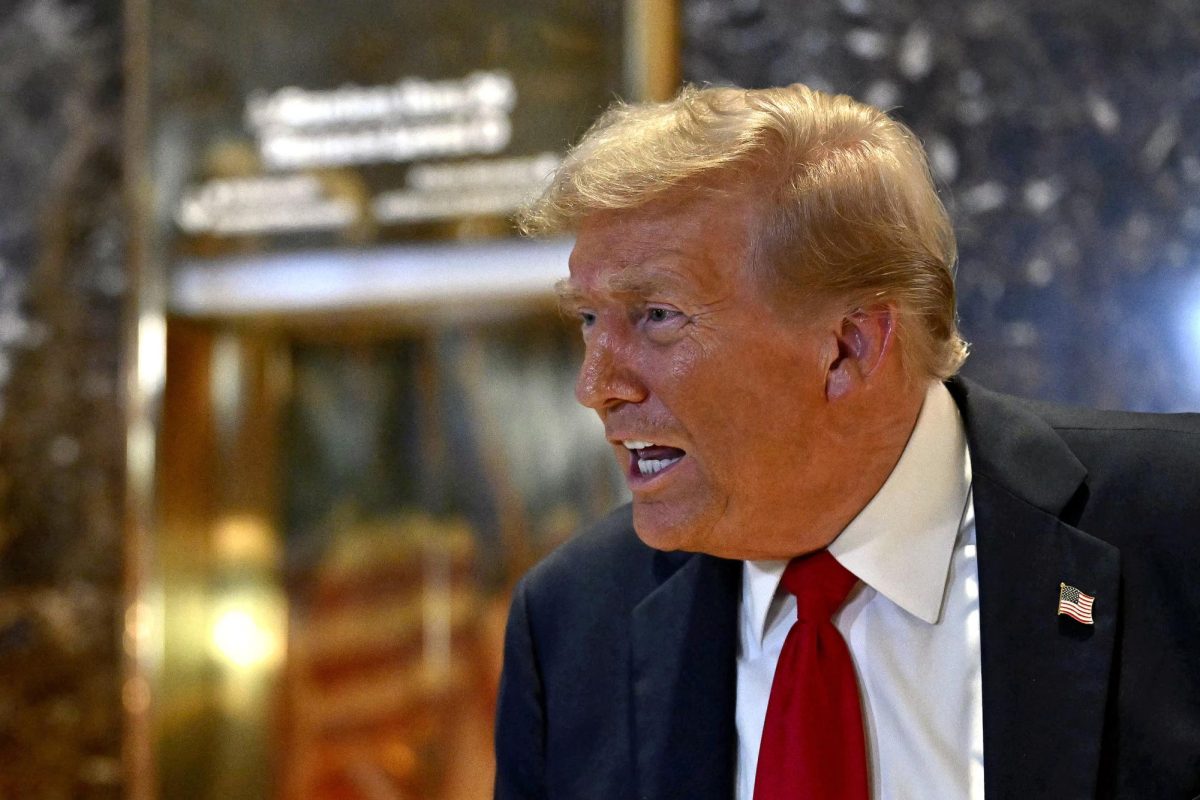On May 2, 2023, the Writers Guild of America officially went on strike against the Alliance of Motion Picture and Television producers over multiple labor disputes ranging from low pay to rumors of replacement by Artificial Intelligence (AI). In resistance to these conditions, multiple writers and well-known actors joined together to make a stand by refusing to work and even promote any movies, ultimately making their voices heard. This strike officially ended on September 27 after 148 days as a result of a tentative agreement between the Writers Guild of America and The Alliance of Motion Pictures and Television Producers.
This stand against multiple big film production companies resulted in delays of various movies and shows, but despite this, senior Grace Shanahan believes that this strike was long overdue.
“I knew that the industry was poor, especially to writers and people who aren’t the top,” Shanahan said. “When I initially heard about it, I wasn’t surprised; if anything, I was more supportive. I think it’s good that people are advocating for better working conditions, especially for that trade.”
Shanahan expressed how this lack of surprise was a direct result of the poor conditions and pay she found writers were experiencing.
“Anyone who isn’t a producer or under a list is striking right now because they’re not getting paid an equal amount for the work that they’re doing,” Shanahan said.
Theater teacher Shana Prentiss elaborated on the reason behind these strikes as pertaining to the possibility of writers being replaced by AI.
“Companies are now starting to implement AI to start doing jobs that should be going into writers,” Prentiss said. “So storyboarding jobs are very scarce to find right now because AI is doing it or script writing is very scarce to find because AI is doing it and writers are saying this is unfair.”
Shanahan is also concerned about the possibility of AI taking over writing jobs that have been provided for people throughout multiple decades.
“Writers are important,” Shanahan said. “Without writers, you can’t convey the proper messaging and AI [is] just currently not capable of doing what a human can do. It’s just taking away this whole trade that’s been cultivated for hundreds of years.”
Prentiss additionally feels that if AI would take over these writing jobs, a valuable part of the writing process would be lost.
“Performance is all about humanity,” Prentiss said. “If you’re taking the human aspect out of that, then you’re removing the key aspect.”
Prentiss further believes that not only parts of the writing process would be overpowered by AI, but also parts of the entertainment experience as a whole.
“What we can take from film and theater and performance is empathy, and understanding of the human will,” Prentiss said. “When you remove that by using AI, you’re removing the heart of all of it.”
Now in consideration of the strike ending on September 23, Prentiss feels this strike was necessary to make sure “the heart” of film stays intact.
“I’m never a fan of striking but there are times where that’s what it takes and in this case it really did work and it will improve the industry because all of these people were willing to stand up for themselves and be strong,” Prentiss said.
As a result of the strike, the Writers Guild of America reached a deal with The Alliance of Motion Pictures and Television Producers in which AI is not allowed to be used for writing and in turn, studios cannot force writers to use it. However this deal does state that writers can use AI for writing aid after consent from their studio. In addition, the deal also increases pay for writers and adds staffing requirements based on episode count.
Overall Shanahan feels this strike reached a level of importance that extends beyond just TV Writer’s but applies to multiple jobs as AI becomes more and more prevalent in the current workforce.
“Each different occupation people work, and people put their heart and their sweat and their blood and their tears into their work,” said Shanahan. “And regardless of what role they play in something, they are equally as important.”







